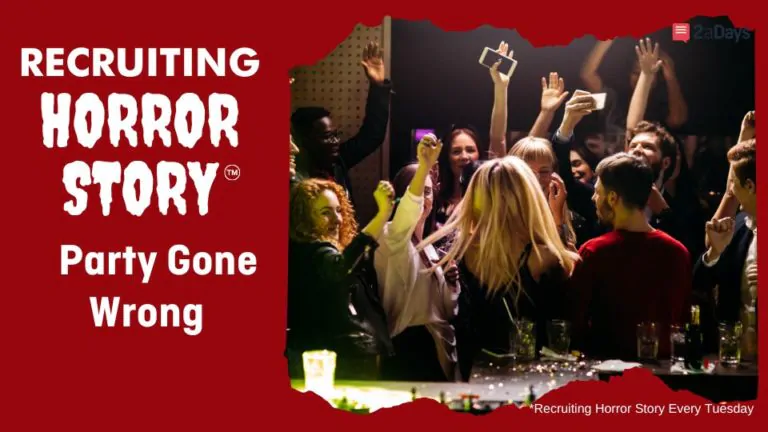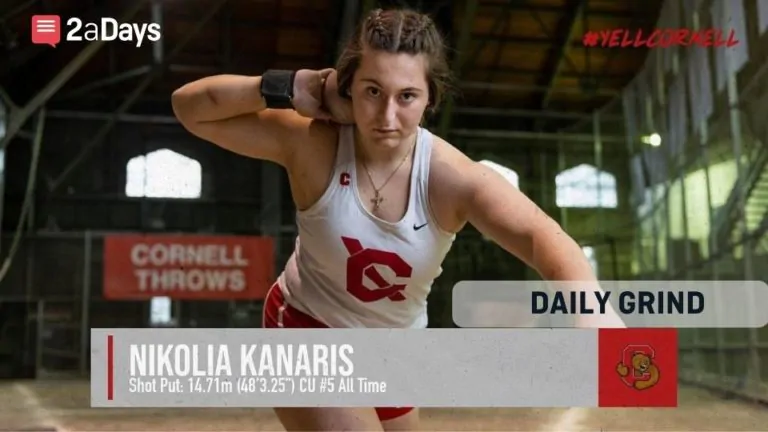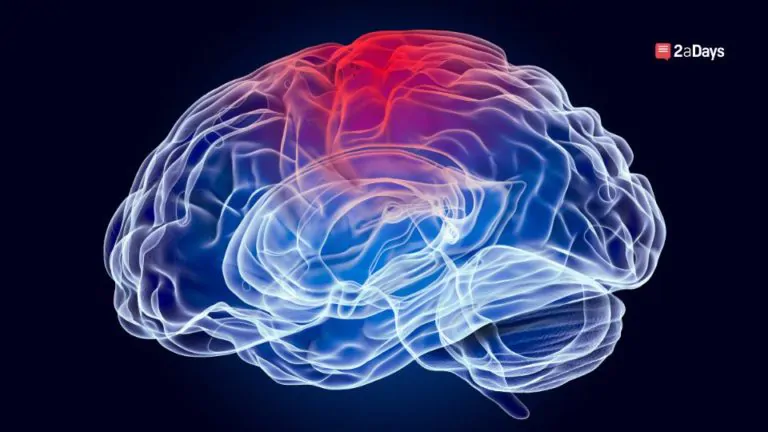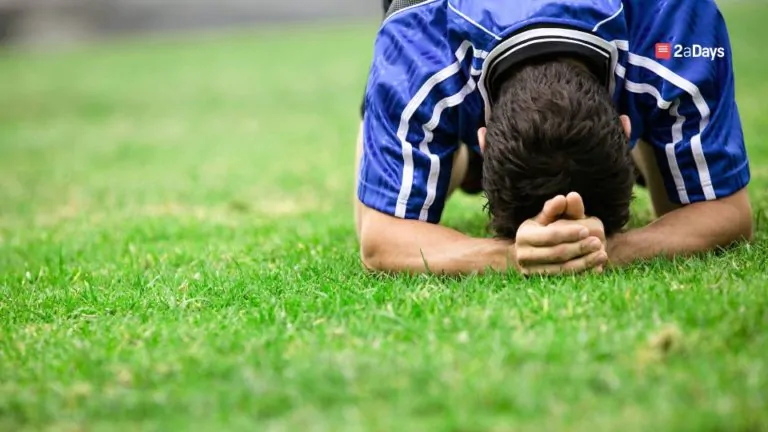Season-ending injuries in college can be detrimental to an athlete's mental health. Not being able to participate in team practices and games after all of the hard work you put in can take a toll. Many athletes go through this struggle of missing games or even their full season due to injury. The good news is there are strategies to help get through.
Stay Mentally Strong
When college athletes get injured and are forced to miss out on playing the sport they love, it may be hard to stay positive. Positive self-talk is one strategy to help, but it must be practiced everyday. Negative self-talk is easy to fall into when you're only thinking about everything that went wrong. This is when you have to ask yourself where those negative thoughts are coming from and try to pull yourself from that rut and think positively.
Related: UNC Athletes | The Mental Stress & Effects of Injury
See Your Injury as an Opportunity
Think about everything you can do with the time you would've spent training. You can focus on yourself and improve your mental health, you can focus on your studies, and let's be honest… just relax. The life of a college athlete is stressful and sometimes overwhelming, so take a step back and use the new freedom you have. Also, just because you can't play doesn't mean you can do nothing. Work on yourself physically and build up strength in the surrounding muscles to help the healing process. Stay as fit as you can (within the boundaries set by your coaches and trainers) so your rehabilitation period can be shortened and you can get back out on the field as soon as possible.
Related: What Athletes Should Know About Post-Injury Depression
Understand It's Okay to Not be Okay
A lot of stress and sadness can come with missing time or transitioning from a full-time athlete to a non-athlete. Different people find different ways to cope with this. One of the best things an athlete can do when they're having mental struggles is talk to a counselor. Cat Light, a DI Thrower, struggled with depression and said after counseling, “although the results of therapy were not immediate, they are the most significant, especially now.” If you ever feel like you can't cope on your own, reach out to a trained professional that can help you through this grieving process because, yes, it is okay to grieve the loss of your season.
Related: Depression in the Pandemic Made Me a Better Athlete
Remember You Have Your Coaches and Teammates
You are not alone when you're injured; you will always have a support system. Out of the 500,000 college athletes competing under the NCAA, there are 210,000 injuries per year. Thousands of other athletes are going through the same thing as you. Even though you may not be able to play, you're still a part of the team. Go to practices, take stats for the team, and attend all the team events. Look to your teammates, coaches, and training staff for support.
Related: A Water Polo Athlete's Tips to Recover from an Injury
Experience Campus
Now that you have some extra time, feel free to try new things now that you're not a full-time athlete. There are so many opportunities for students at their colleges and universities. You can join clubs, volunteer in your community, or even pick up a part-time job. Distractions and positive reinforcement are key in growing from an injury. It also doesn't hurt that you have more time for your studies. Take advantage of your time off because you'll be right back on the field before you know it.
A season-ending injury is an athlete's worst nightmare, but there are ways to cope and come out stronger. Reach out to those you're closest with and ask for support. Don't be afraid to ask for help.
Have an idea for a story or a question you need answered? Want to set up an interview with us? Email us at [email protected]
* Originally published on March 7, 2022, by Grant Osborne







